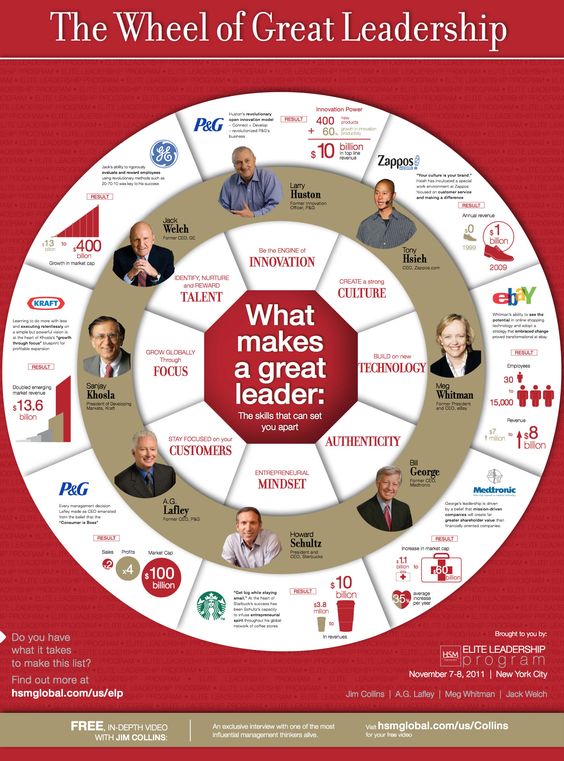Here we are at the beginning of yet another year. It has been seven years since Vidotto Group set up an office and I began my role as CEO. It has certainly been a roller coaster ride full of excitement, challenges, and ultimately lots of growth, both personally and professionally.
As we begin planning our year ahead, it is natural to take a look back over the years with the mindset of what we have learned, what we could have done differently and what we will change as we move forward.
Together with the rest of the team, I compared where we are now to where we were, and what stands out most of all. First off the bat were the numerous challenges we faced, the biggest being the huge downturn in our primary industry, that was a shocker that had an enormous impact on our income.

That said, we all agreed that we are in a much better place now than we have been in previous years. Interesting considering the hits we have taken and the very steep learning curves we’ve weathered.
When I questioned the team further for reasons why they think we are doing better most comments related to the strength of our team, the belief in our purpose and services and the fact that we have weathered every storm that came at us. We are very resilient.
This wasn’t always the case though, resilience is something we have steadily built from our baptism of fire when the Brisbane floods hit and put our office under water, just weeks after we refurbished and opened our office. That was the first of many challenges we faced, and bounced back from.
Resilience by definition is the capacity to bounce back, to recover and get back up. We have done that with each and every challenge.
There are other contributing factors to our resilience, the main five being as follows:
1. We’re Adaptable
We are a very organised, systemised business and we strongly believe in planning. Even so, we could not predict some of the challenges that came our way and could very easily have knocked us over. We had projects in the works for months only to fall down at the eleventh hour, staff we had invested in left with little notice, other staff members that were just not a good fit and drained our resources. We learned on the go and adjusted our sails when and where we could. It didn’t take too long to realise that challenges would always pop up, we couldn’t control that, what we could control was how well we dealt with them. We soon knew to expect the unexpected, take lessons to learn and adapt.
2. We Remain Positive (Yet Realistic)
With many challenges hitting us hard a few years ago we soon learned to not take them personally. We didn’t linger too long before we moved on from the disappointment and back to working towards our vision. An important aspect of maintaining a positive culture in your workplace is that it is contagious. If you as leader fall apart, or become a prophet of doom, it will soon impact your business, productivity will decrease, staff will disengage or even leave, clients will not be drawn to you. It can have a snowball effect.
3. We Shared Our Purpose and Vision
No matter how difficult things became, we had our vision in mind and we worked towards it. We knew without a doubt what we were trying to achieve and how we were going to achieve it. Challenges gave us pause to reflect and review and then get back on track. Our team members were aware of the hiccups and they were also aware that they were not deal breakers, we were just going to adapt and keep moving forward.
4. We Saw Our Mistakes As Lessons
Every time we suffered a setback or disappointment we regrouped as a team. We reviewed just what had occurred and what we could learn from the exercise. We then incorporated those lessons learned into our strategic plan.
5. We Let Go of What Was Beyond Our Control
There are times that things are simply beyond your control, there is very little you can do to bring about any change. Projects get cancelled, companies go bankrupt, staff members leave… There is nothing we can do about that so we adapted very quickly and moved on.
These factors certainly played a role in our growth and development, particularly of resilience. The most important aspect of all is that we followed through and took action. If each point isn’t implemented then nothing will change.





